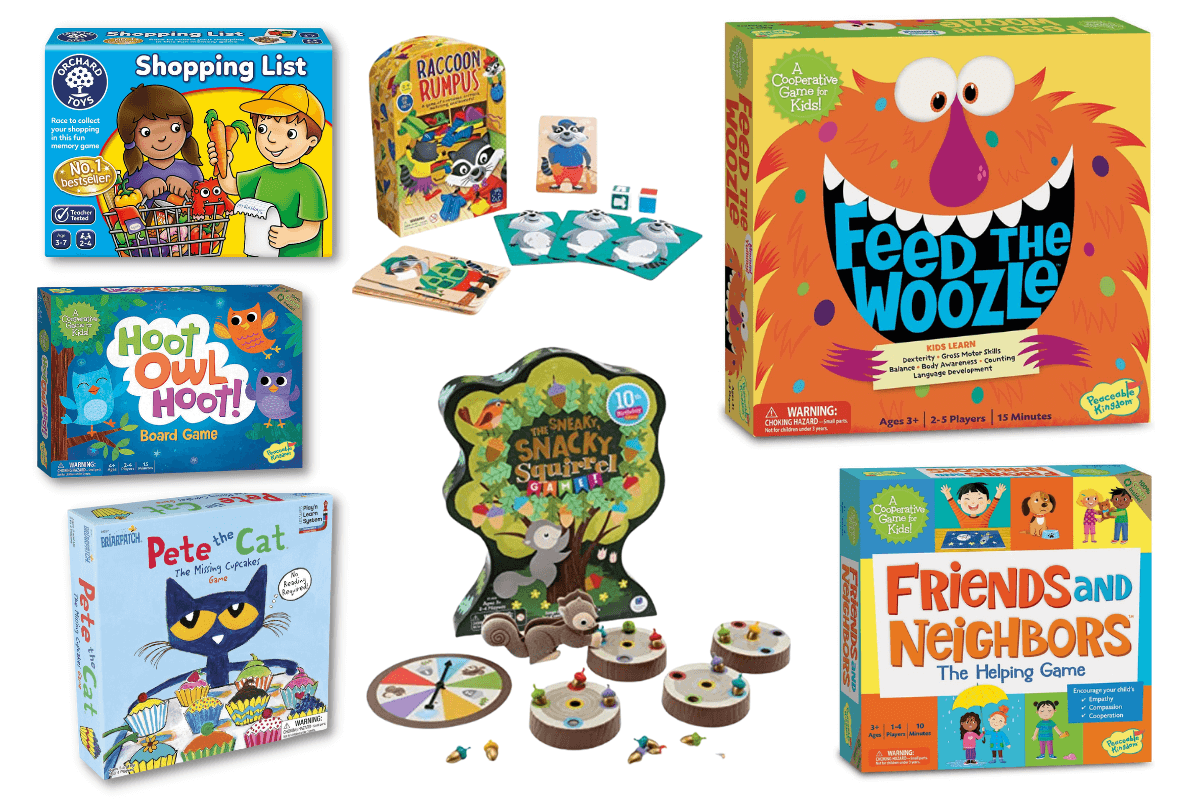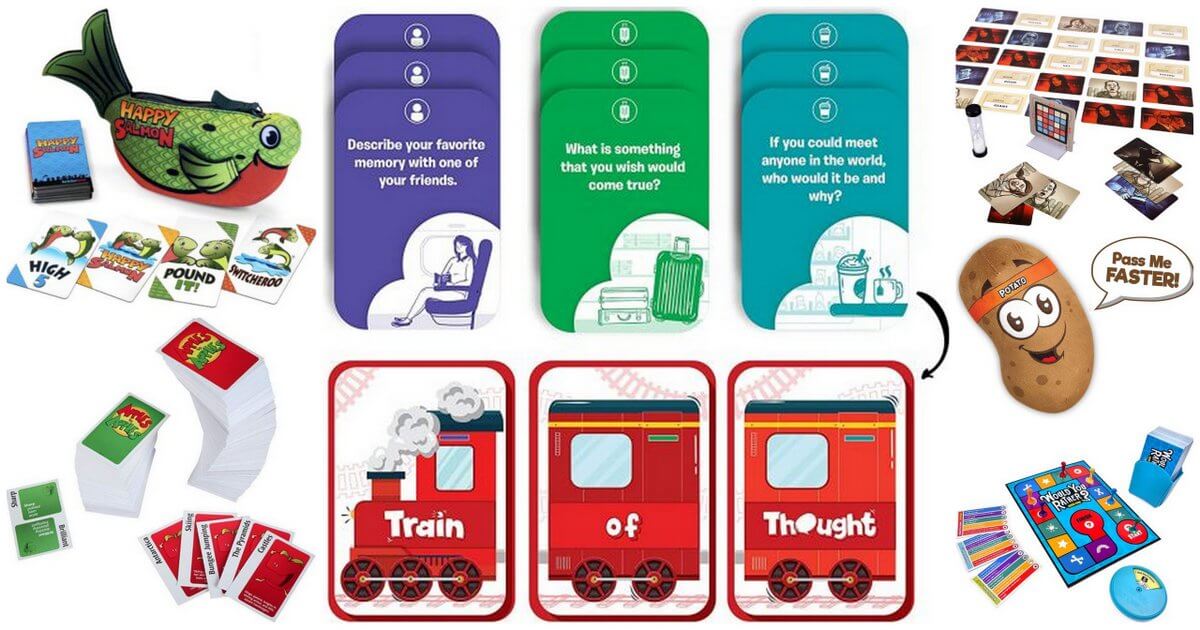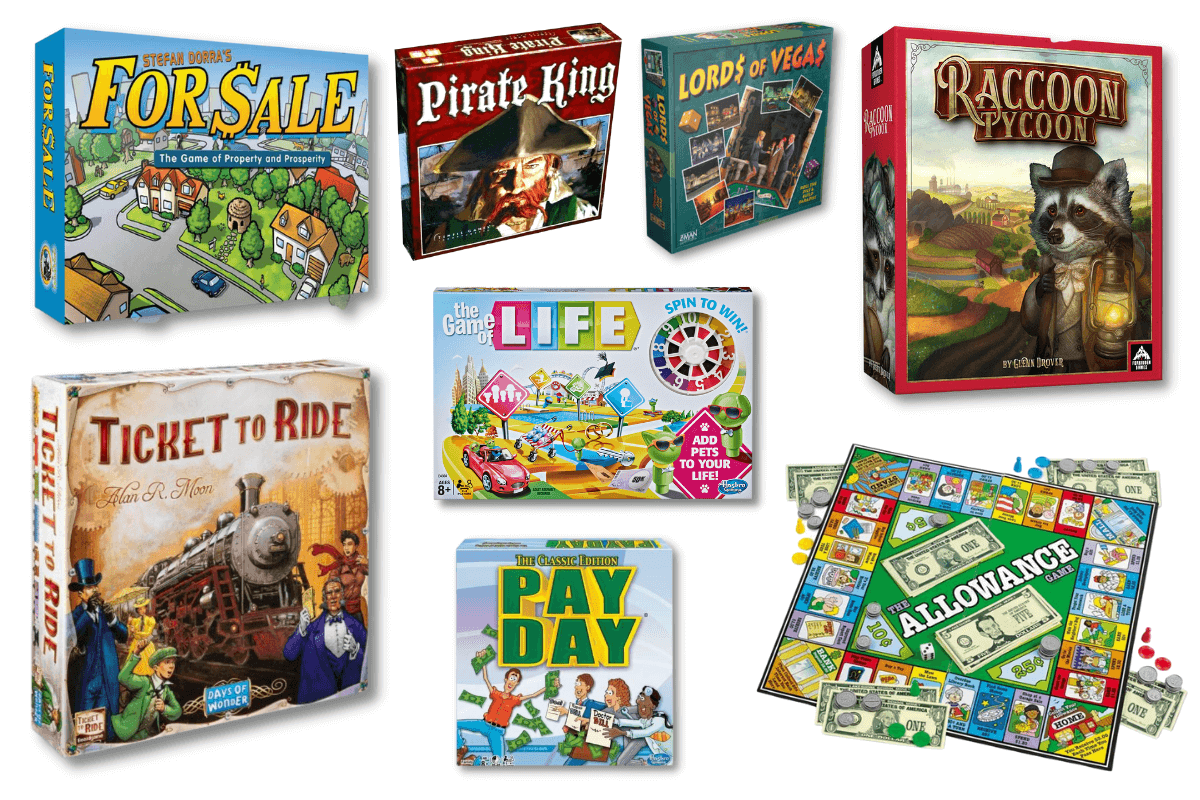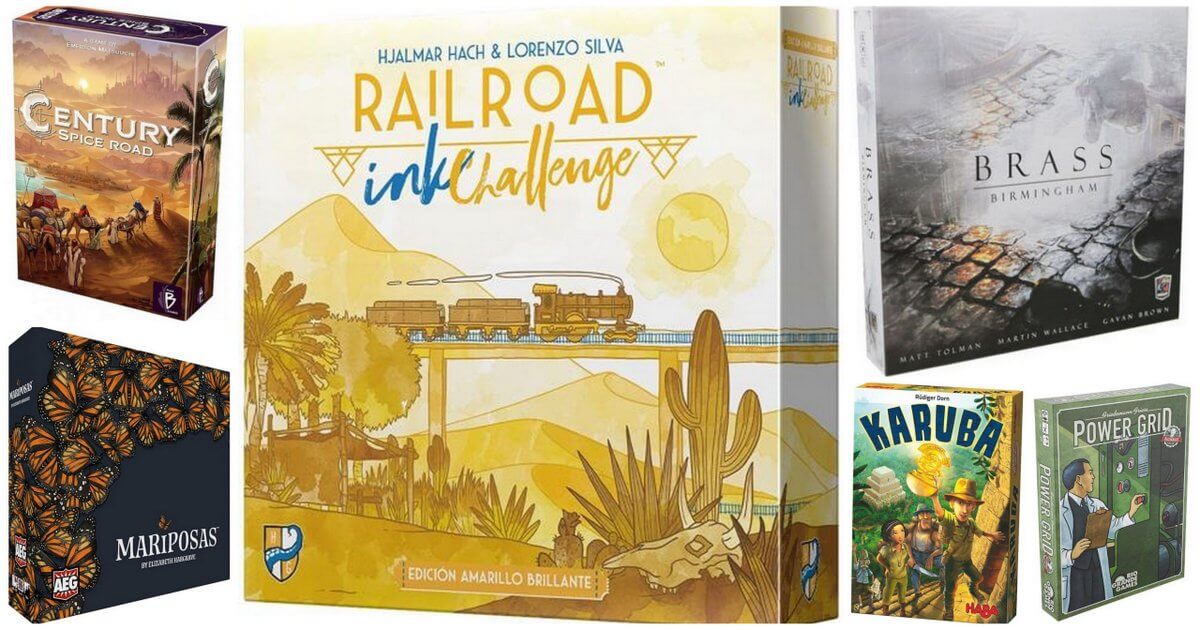Choosing a board game with a preschooler can be tricky. They’re picky about the games they like—a game they love one week might be completely off limits the next. Plus, sometimes they lose interest after two minutes, so it make you wonder if it's even worth the effort. Yet, introducing young minds to preschool board games can do so much good.
Studies show that preschoolers learn through play, and when your child is playing a board game, they’re actually working on skills that will help down the road with things like reading and math. Board games also teach critical thinking while helping kids practice social and emotional skills like taking turns, working together, and being a good winner and loser.
When they’re playing, kids don’t even know they’re learning because they’re just having fun with you. But we get it—sometimes games made for little kids can be a bit boring. To help out, we've giving you 10 educational preschool board games both you and your preschooler will enjoy playing. Maybe you'll help create a future gamer who will play Trekking the World or other Underdog games!
We use Amazon affiliate links to recommend products we trust and love, so we might earn a small commission if you decide to purchase. However, we believe in giving back as a company, so we'll be donating these profits back to great nonprofits making a difference in the world.
The Sneaky Snacky Squirrel
A fan favorite of preschoolers, parents, and teachers, kids learn about colors as they flex their matching skills and put those little hands to work by using the Squirrel Squeezer to pick up acorns and place them on their log. The box is the gameboard so setup and clean up is easy. While playing, preschoolers work on fine motor skills, eye-hand coordination, matching, color recognition, and taking turns. (2-4 players)
Hoot Hoot Owl
Whether it's a parent or a preschool buddy, players work together to move all the owls into the nest before the sun rises. Using color matching skills, players have to decide together which owls to move. Playing this game encourages problem solving, matching, and shared decision making. (2-4 players)
Zingo Bingo
Zingo is a fun and fast paced game that gives Bingo a preschool upgrade. To play, slide the Zinger to dispense tiles that players must match on their game cards. Using word and picture recognition, work quickly because the first player with a full card and yells “Zingo!” is the winner. This game helps kids develop early reading skills, language development, and matching skills. (2-6 players)
Friends and Neighbors: The Helping Game
In this game, players are given different scenarios and asked to come up with solutions to help others. From how can you help someone who's afraid of the dark or sad because they’re stuck in the rain, preschoolers learn to recognize and name their own emotions and develop early empathy skills by seeing those emotions in others. This game does involve reading, so kids will need a parent to play. This game reinforces social and emotional skills, problem solving, and cooperative play. (1-4 players)
Pete the Cat: The Missing Cupcakes Game
If your family is a fan of the Pete the Cat book series, you’ll love this fun and silly game. Grumpy Frog has taken all of Pete’s cupcakes and to win them back, players need to sing songs, act out physical activities, and identify animals, food, and other objects that start with a certain letter. This game helps preschoolers with letter recognition, language development, imaginative play, and memory skills. (2-4 players)
Chutes and Ladders
This classic board game is a fan favorite and one you’ll want to break out for family game night. Since there is no reading required, kids as young as three can play as they take turns spinning the spinner and counting as they move their pawn up the ladders and down the chutes. The first player to reach the top is the winner. During this game, kids are working on counting and number recognition. (2-4 players)
Feed the Woozle
We love a game that grows with our kids. Since Feed the Wozzle has multiple ways to play, preschoolers will get years of game play. At the first level, players roll the die and balance that number of snacks on the spoon while feeding them to the Woozle. The next two levels add in silly tasks like doing the hula or closing their eyes while other players direct them. This game encourages critical thinking, counting, spatial awareness, and fine and gross motor skills. (2-5 players)
Racoon Rumpus
Set up for this game is simple, each player gets a raccoon card and takes a turn rolling two dice, one has different colors and the other displays clothing. Players find the items that match the dice to dress their racoon, but watch out. If you roll the underwear, you’ll lose all your clothes and probably watch your kids break out into giggles. The player who collects five costumes first is the winner. Through this game, kids are working on color recognition, memory, matching, and turn taking. (2-3 players)
Shopping List
While this game seems really simple– kids get a shopping list and race to fill their carts with those items, you can add some variety by playing it as a memory or a matching game. Players work on language development, early reading skills, matching, and memory through this game. (2-4 players)
Richard Scarry’s Busytown
You’ll need plenty of room to play this one because the game board is over six feet long. Kids help Huckle Cat and Lowly Worm search for hidden objects as they race around Busytown. This game encourages kids to work together to spot items, and since setup is super easy, kids can dive right into the fun. While playing, their working on spatial awareness, language development, and critical thinking skills. (1-6 players)
Looking for other ways to incorporate games into learning? Check out these gameschooling tips.















